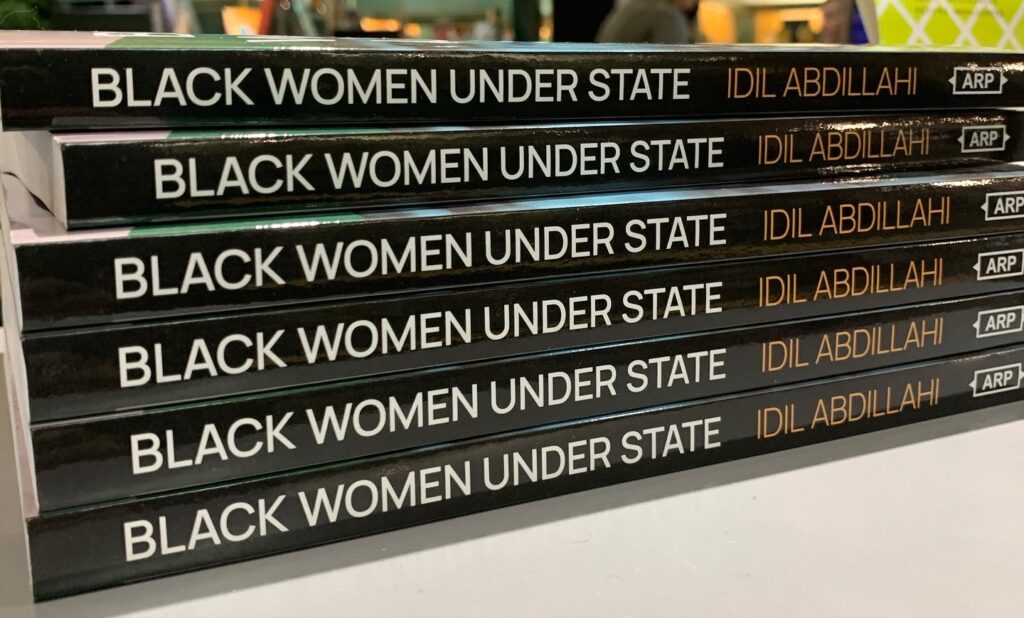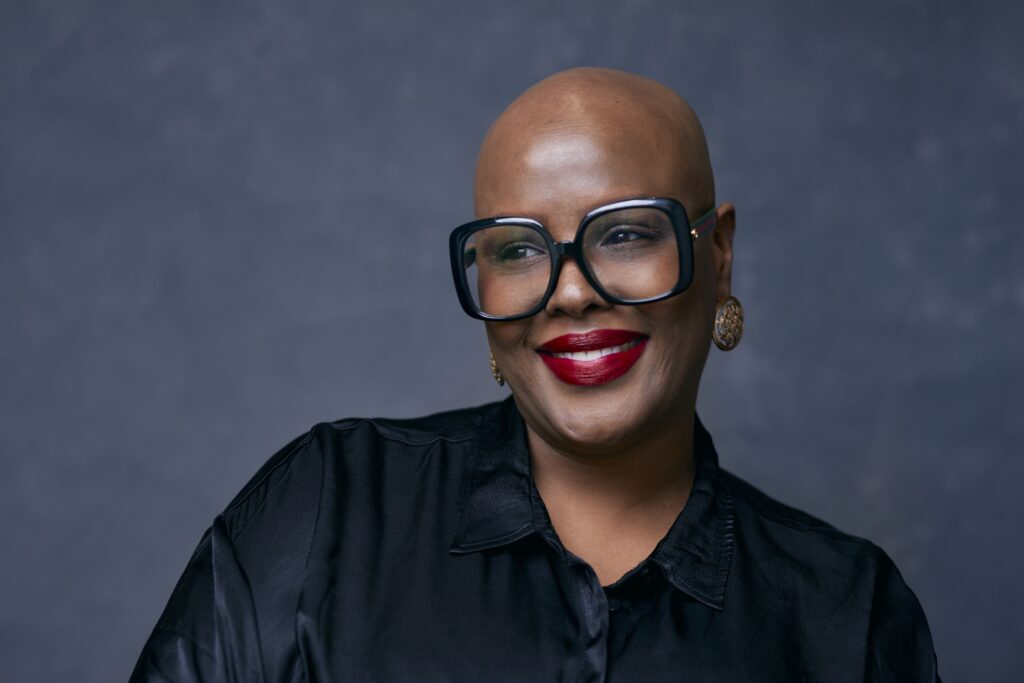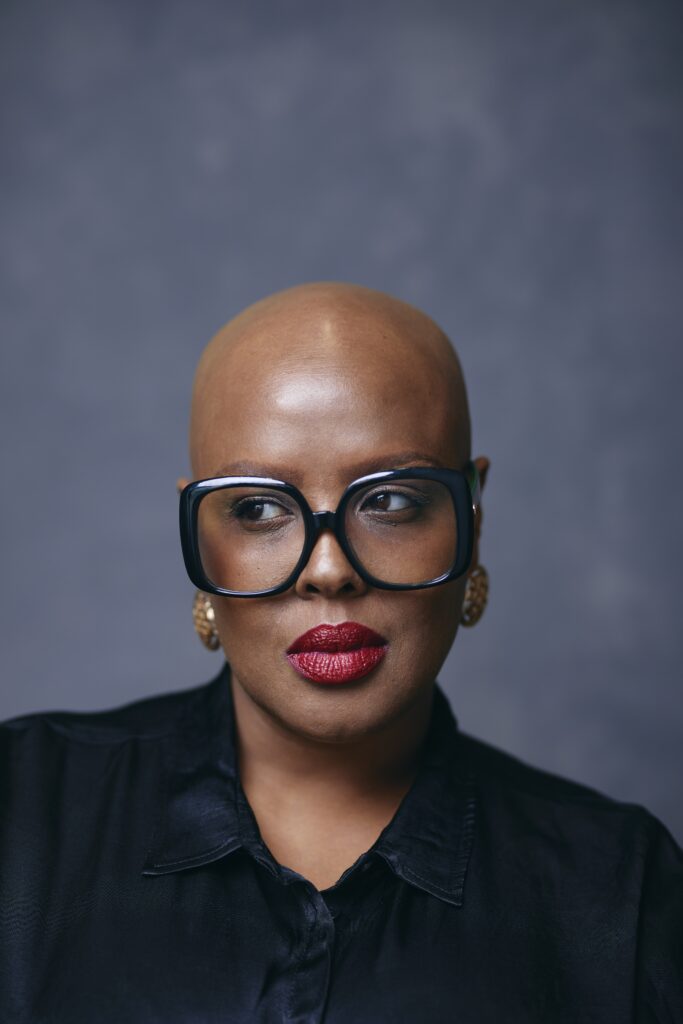
“We are sitting together, I am asking her a set of questions that we both know are absurd because we both know exactly where they stem from and lead to, all in the name of research. Moreover, it’s something we can laugh at, but there’s also a difficulty and pain because here we are, both Black women, well aware of what’s happening, what has been happening for so long, and of the lack of change.”
The above is one of my many bookmarked passages in Idil Abdillahi’s book, Black Women Under State: Surveillance, Poverty & the Violence of Social Assistance (ARP Books, 2022). It was as if Abdillahi looked up from within the pages and met my eyes. In them, I saw the glint of recognition, of acknowledgment.
Black Women Under State explores the testimonies of 20 Black women living in the Greater Toronto Area whose lives are bracketed by the intersection of poverty, surveillance, and social assistance. As a public intellectual, critical scholar, community organizer, and practitioner in social services, Abdillahi conducts the interviews from a uniquely multifaceted position.
Abdillahi’s book joins a distinctly limited assortment of texts chronicling the experiences of Black women in Canada, particularly as they pertain to systems of (in)justice and all of the overlapping sites of oppression, including but not limited to social assistance, child welfare, and medical institutions. It’s rare to feel so seen—both as a Black woman living in the Prairies and as a university student studying criminal justice.
The women interviewed for Abdillahi’s research are all linked by the following criteria: they are all Black women over 18, and are currently or have in the past accessed Ontario Works (Ontario’s social welfare program).
I connect intimately with many of the experiences shared in this book, by both the author and researcher and the women interviewed for the research. Reading the passage above that opens this piece, I joined in the laughter Abdillahi and her interlocutor shared at that moment, in the absurdity and the giddiness—not temporally, but in my moment, in my solitude, as I read the book.
Abdillahi’s book joins a distinctly limited assortment of texts chronicling the experiences of Black women in Canada, particularly as they pertain to systems of (in)justice and all of the overlapping sites of oppression…
The care and intention Abdillahi poured into this text are evident. That intentional care, imbued with the distinct humour only Black women possess under our shared realities, allowed me to share in that brief moment of recognition between interlocutors. All of the moments like this in the book showed me who it was written for.
From enslavement, to segregation, to the current age of policing and exploitative labour practices, Black women have historically experienced many fluctuating constructions of white supremacy. Being a Black woman in university, an environment which we were intentionally excluded from until relatively recent times, feels incredibly isolating despite all of the evolution that Black women before me have generated. We now occupy a nebulous space in the university: superfluous, yet prescribed by the current age of social justice-oriented academia.
If you choose to seek it out as I have, you can find Black women who will share the various pains we experience by virtue of our presence in academia as students, staff, faculty, visitors, and passersby. Black women have shared these experiences informally and formally, but the reality of misogynoir—the gendered racism specific to the experiences of Black women—is such that our experiences are often unheard and unseen by anyone other than ourselves.
Abdillahi describes in her book: “As Black women, we are erased as visible participants in social, political, and cultural narratives, in part so that we may be disallowed from influencing such structures. This dichotomy is of course connected: our presumed criminality is also what presumes to warrant such erasure.”

As a fourth-year honours criminal justice undergraduate student, I am too acquainted with the dearth of research on Black people and especially Black women’s experiences in Canada—at least from the sources we are taught to seek from. For instance, there is no universal mandate requiring justice agencies to collect or publish race-based data or statistics, and there is a lack of support for independent research efforts. It is deeply unsettling that from the limited research I have come across that speaks to race, Black people are often either entirely left out or are discussed in a way that perpetuates anti-Black racism.
Make no mistake: the limitations on accessible information about Black women are not because Black women are not here doing the work of detailing and chronicling. The assortment is limited because what is seen as “academic,” “research,” “objectivity,” “empiricism,” and a whole host of terms of what academic research “should” be, is based on a white-supremacist theory of epistemology.
Epistemology, or the theory of knowledge, how we are to know what we know and from whom is an ever-narrow set of criteria that institutionally excludes the voices of Black women. Abdillahi speaks to the reality of this epistemological framework throughout her book, situating her research and providing the transparency that is so sorely lacking in many academic texts.
“While many scholars and researchers have acknowledged that the experiences of Black women are vastly different than those of other women, those experiences as defined and articulated by Black women are still largely sidelined and missing both from the scholarship and from community-based responses to poverty, social assistance, surveillance, and anti-Black racism” Abdillahi writes.
Abdillahi expounds on the very first page: “Black women are always, in one way or another, subject to this ever-transforming consumption, which spans everything from the perpetual feedback loop of media/culture discourse, to the performance of the state and its legal framework in generating fair and ethical practices, to, in what is a very close context for me, the equally-consumptive tendencies of the academy.”
The emotional conflict that arises as we navigate translating our lives into shapes and forms that the academy or other sites of white supremacy designed to consume knowledge, can end up consuming us as Black people caught between worlds.
It is this transparency that Abdillahi embodies that is so refreshing to me as a student and as a researcher. She does not engage in the typical academic maneuvering strategies of intellectualizing facets of oppression in order to make them more emotionally tolerable. She confronts the absurdity—the humour—because if you don’t laugh, you’ll cry. It is the confrontation, the honesty, and the lack of shying away that makes this book so meaningful. Abdillahi does not tell the reader that this book, nor any policy change, nor anything coming from the academy at all, will save us. Acknowledging that truth clears space to think about what it will do.
As Black undergraduate students—some of whom become researchers, master’s or PhD students, professors, or people who do social justice work outside of the confines of the academy—we confront competing tensions in our work. The emotional conflict that arises as we navigate translating our lives into shapes and forms that the academy or other sites of white supremacy designed to consume knowledge, can end up consuming us as Black people caught between worlds.
For example, you generally do not need to cite common knowledge in academic writing, but the common knowledge we possess as Black people is not common to non-Black people. Because the academy is a site and weapon of white supremacy, producing work in it requires the labour of finding and citing research that may not even exist in an applicable form since we have historically been socially and institutionally barred from creating and disseminating knowledges beyond our own communities.
Black students often face resistance from non-Black professors, researchers, and peers. Sometimes it feels humiliating to labour to explain elementary-level concepts to other Black people, because, while the academy tells us this is necessary, we already collectively understand the concepts because we experience them.
Abdillahi attests to the complicated nature of her positionality as a Black woman studying the “studied Black woman.” “It is imperative that I do not return to my community as a ‘stranger bearing a message,’” she writes, “but that I act as a betrayer of white supremacist knowledges, that I speak in languages and within realities that are grounded in material experience, and not those hidden within databases, books, and research studies that are inaccessible to the people who are the ‘objects’ or ‘subjects’ of academic study.”

Research, when it comes from the academy, is always extractive. The struggle I am meditating on is the bridging of the gaps between the academy and, as Abdillahi puts it, “BlackLife.” Abdillahi cites Patricia Hill Collins’ 1990 book, Black Feminist Thought, that speaks to the need for “a new consciousness that utilizes Black women’s every day, taken-for-granted knowledge.”
“In situating myself in this research and writing, I must implicate myself in the conditions in which I conducted and benefitted from it. The idea that there might be ‘a space that is not one of social control—but one of social innocence’ is troublingly naive, and my insider/outsider identity requires examination,” writes Abdillahi.
Every facet of this work—the work of bridging the gaps, forging a new path, is exacting work, and it is often thankless work. It is work that the academy resists and, as Abdillahi acknowledges, even some circles of Black studies scholars resist, albeit for different reasons. It is work that requires clarity of conviction and intention. One can do the work for a variety of reasons. One should know, in their mind, what those reasons are. Abdillahi states hers: exposure and interruption of institutional violence experienced by Black women on social assistance in Toronto.
A text that evolved from Abdillahi’s PhD dissertation in 2021, Black Women Under State sets out to fill the policy literature gap and broadcast the lived experiences of the Black women she interviewed in order to document and describe their lived realities, “to articulate the unique features of Black women’s lives and experiences in their particular geopolitical and social locations.”
“While quantification and numeration are often valuable, they are not responsible or rigorous choices, neither theoretically nor methodologically, for the type of investigation I’m interested in.” – Idil Abdillahi
“My goal therefore, was not to produce positivistic research disconnected from concrete individual realities,” says Abdillahi. “While quantification and numeration are often valuable, they are not responsible or rigorous choices, neither theoretically nor methodologically, for the type of investigation I’m interested in. The collection of data cannot and should not be seen as a measure for Black freedom, ‘emancipation,’ or liberation; this notion is a positivist trope that has grave consequences for BlackLife and Black enumerated bodies.”
Black Women Under State bears more than academia can receive. It’s not strictly an academic text, although the language and conceptual framing are advanced. Nor is it a simple articulation to flip through in an airport, to become dinner party conversation fodder. As Abdillahi states modestly on the last page, it is an “invitation to sit with and think about the obvious;” “an invitation to read society.”
As I read the book, the nature of my positionality meant the relief of some of the mental and emotional distress that has built up as I slog my way through what feels like a never-ending degree. Black Women Under State challenged me cognitively, but it soothed me emotionally: somebody else gets it. Somebody else is living a parallel life to mine. Somebody else cares to do the work of exposing and interrupting. This book puts into words years of repressed sentiment from the particular anguish of being a Black woman navigating the academy—being gaslit and made to question your own perception of reality. This book was a salve; it told me I was not alone.
In many ways, this book is for me. It is for my loved ones. It is for papers I have yet to write. It’s for my therapy sessions. It is for community organizing and mutual aid. Abdillahi leaves the reader with the decision of what to do with what we receive from her book. What will I do with it? What will you?
Ella Taylor (she/they) is a student and community organizer living in Treaty 1 Territory. She is descended from Gurage African arrivants and white settlers and has familial connections in Treaty 5 Territory. They study criminal justice at the University of Winnipeg and organize for penal abolition and the liberation of marginalized peoples.

